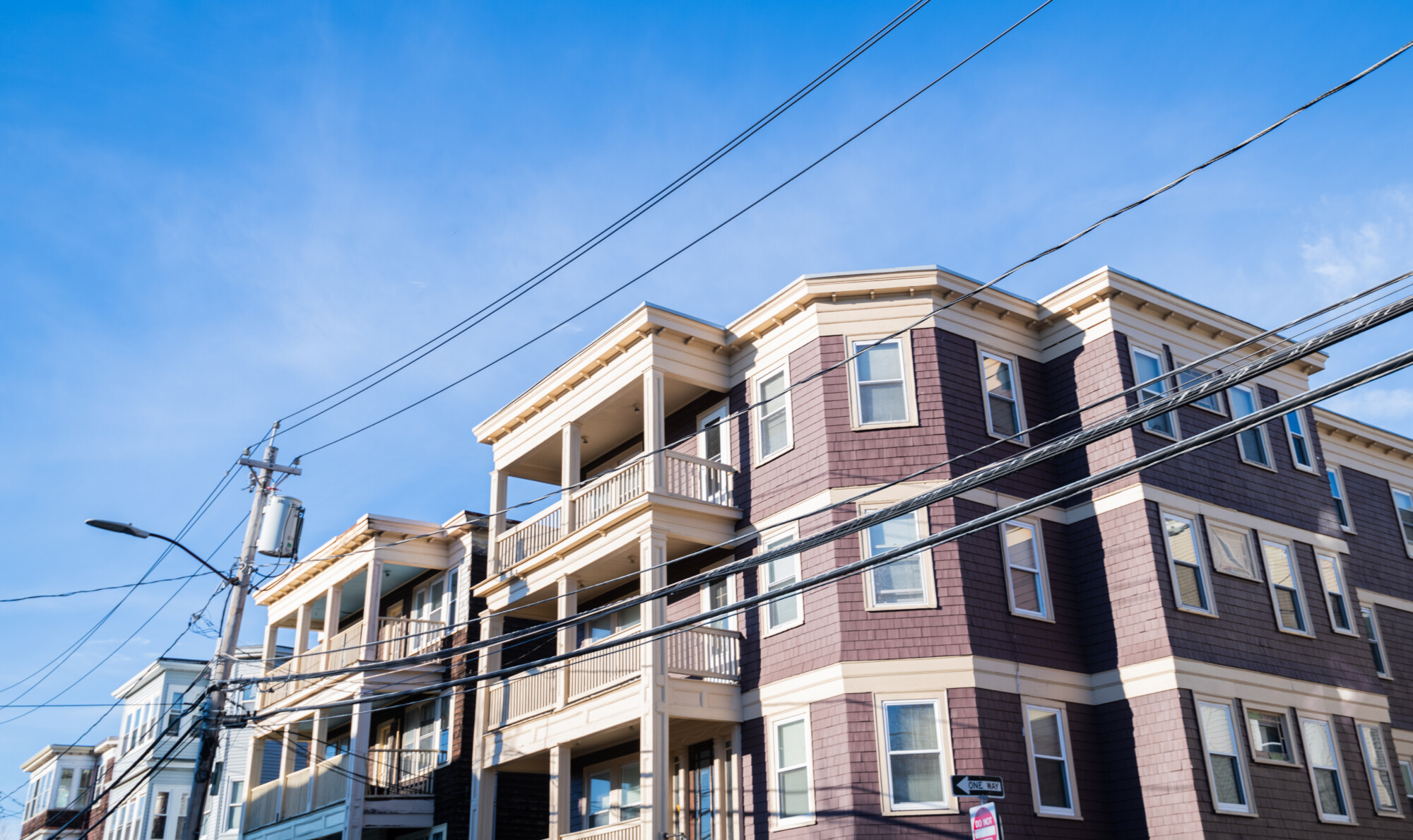
Resource Category: Community Wealth
Community wealth-building strategies, such as neighborhood crowdfunding or community land trusts, can promote shared prosperity and increase democratic control over neighborhood assets, while also expanding investment opportunities for community members.
Why Community Wealth Matters
Closing the racial wealth gap requires more than just investing in individual wealth accumulation and financial security — it also means investing in shared assets and resources in communities that have historically suffered from disinvestment and wealth extraction.
Community wealth-building strategies, such as neighborhood crowdfunding or community land trusts, are ways to expand shared prosperity and democratic control over neighborhood assets, while also providing investment opportunities to households that might not otherwise have access to them. In rapidly changing neighborhoods, community wealth-building can mean purchasing land or real estate to protect tenants from rising rents, reducing their individual cost burden while simultaneously protecting the real estate asset for long-term community benefit. It could mean supporting a local entrepreneur with the seed capital to start a new small business, or even a revolving loan fund to help folks cover emergency expenses.
For low-income and immigrant communities, as well as communities of color that have long turned to mutual aid and collective care for support, many of these strategies are not new. Recent initiatives draw on those traditions and bring in private, philanthropic, and public funds to help acquire new shared assets and support community wealth-building projects. Sometimes referred to as the “solidarity economy,” these community-led economic development initiatives can include: community land trusts, worker-owned cooperatives, real estate investment cooperatives, credit unions, a neighborhood nonprofit trust, and many others.
Importantly, community ownership of assets gives individuals meaningful decision-making power, including many communities who have historically not had a say in development decisions. Enhancing local control can promote neighborhood stability in places with rapidly escalating prices.
Interest in community wealth-building strategies has grown recently, with many philanthropic and public actors contributing to shared ownership models during the pandemic.

